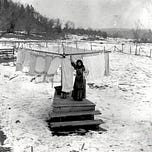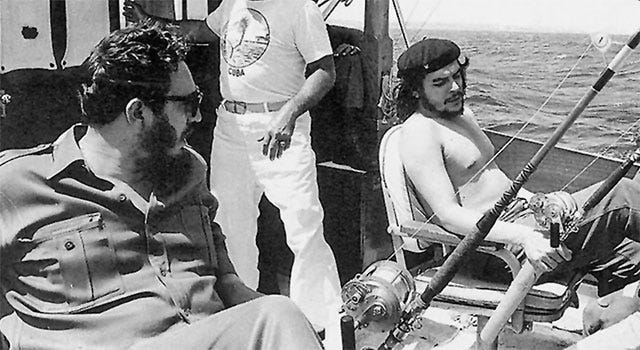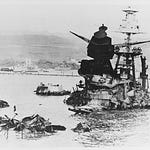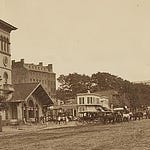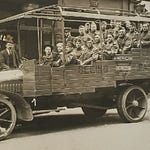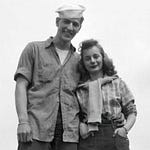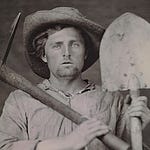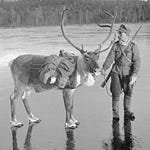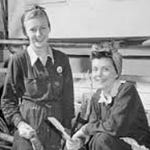Parallels of attitude.
In November 1961 the Kennedy administration instituted Operation Mongoose, a multi-faceted, covert CIA operation to remove Cuban dictator Fidel Castro from power.
Castro had led an armed revolution two years earlier which had removed Cuba’s corrupt dictator, President Fulgencio Batista, from power.

Castro had portrayed himself initially as a champion of the poor who wanted to improve social conditions.
For many Cubans, Castro became a national hero.
But once in power, Castro instituted a communist dictatorship.
He nationalized foreign-owned assets and crushed political dissent.


1.4 million Cubans fled the country.
And many settled in Miami.
President Eisenhower was then in office.
He retaliated by imposing economic sanctions against Cuba and cutting off diplomatic relations.
Eisenhower also authorized the planning of a Cuban invasion by US-trained Cuban exiles to remove Castro from power.

The invasion, named the Bay of Pigs for the coastal region of Cuba in which the Cuban exiles commenced their amphibious assault, was undertaken early in the Kennedy Administration and it had failed.
But the Kennedy Administration remained committed to removing Castro from power.


Under Operation Mongoose, new methods and tactics would be used.
To formulate them, the CIA conducted a classified psychiatric study of Castro’s personality.
And here’s the parallel in attitude: the study’s findings about Castro echo the descriptions former staffers and others have made of Trump:
“Although [Castro] depends on the masses for support, he has no real regard for them and does not trust them sufficiently to hold elections.
“…[H]e has no capabilities for organization and administration, nor does he have any concern for the implementation of detailed plans.
“The outstanding neurotic elements in [Castro’s] personality are his hunger for power and his need for the recognition and adulation of the masses.
“Whenever his self-concept is slightly disrupted by criticism, he becomes so emotionally unstable as to lose to some degree his contact with reality.
“When faced with defeat, [Castro’s] first concern is to retreat strategically to a place where he can regroup his assets and personally lead another rebellion.”
And win or lose, that’s where Trump will take us.
To another rebellion.
******************************
I’ll see you tomorrow.
— Brenda
Banner image by YAMIL LAGE (AFP)


